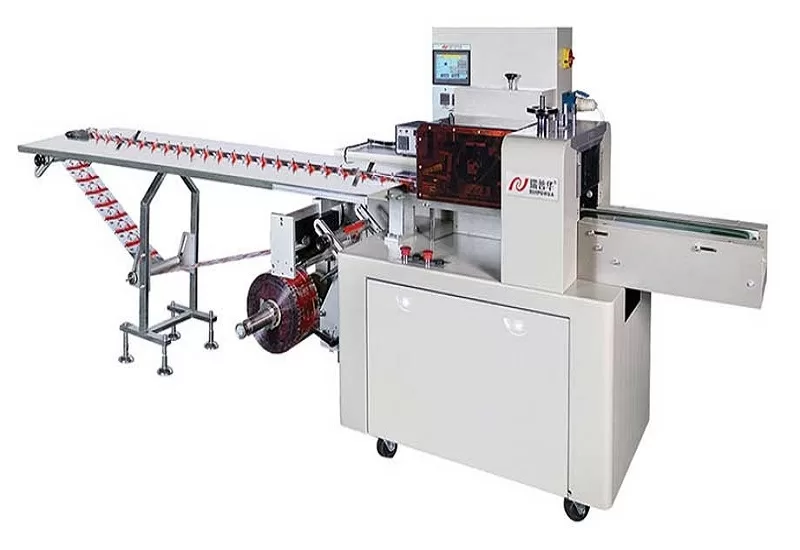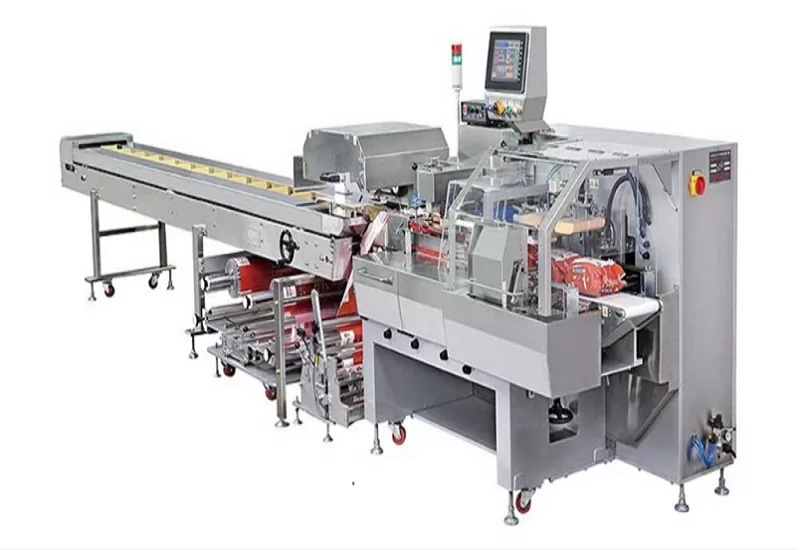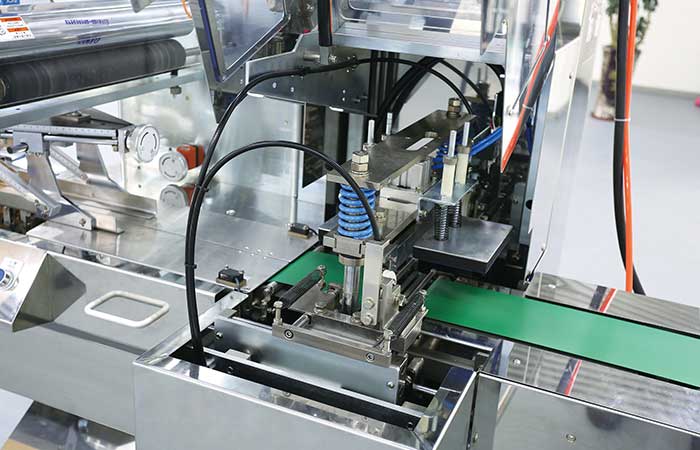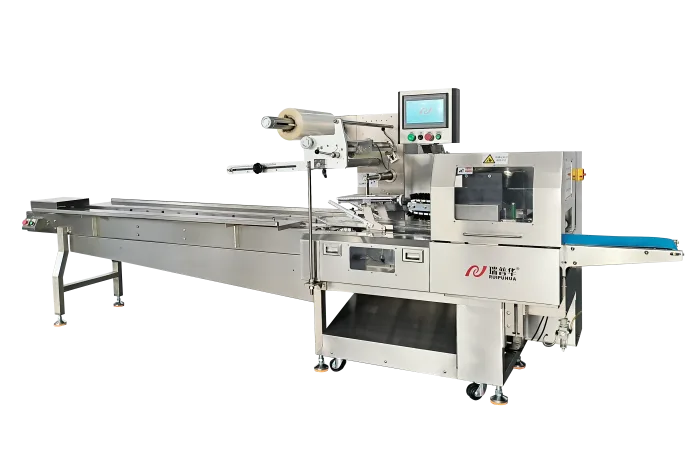Understanding Packaged Solutions
What Is a Packaged Solution?
A packaged solution refers to a comprehensive software product or service that is designed to address specific business needs without the need for extensive customization. These solutions are pre-built and configured to be readily deployable, saving time and resources for organizations. Packaged solutions are often created with a specific industry or business function in mind, providing a set of functionalities geared towards solving common challenges within that sector.
Benefits of Packaged Solutions
One of the key advantages of using a packaged solution is the reduced implementation time. Since these solutions are pre-built, organizations can quickly deploy them without having to go through lengthy development cycles. This can lead to cost savings and faster time-to-market for businesses looking to streamline their operations.
Additionally, packaged solutions often come with built-in best practices and industry-standard processes, allowing organizations to benefit from the expertise of the solution provider. This can help businesses improve efficiency, reduce errors, and adapt to changing market conditions more effectively.
Types of Packaged Solutions
There are various types of packaged solutions available in the market, catering to different industries and business functions. Some common examples include:
- Enterprise Resource Planning (ERP) Systems: ERP systems integrate core business processes such as finance, human resources, and supply chain management into a single system.
- Customer Relationship Management (CRM) Software: CRM software helps organizations manage customer interactions, sales pipelines, and marketing campaigns.
- Supply Chain Management (SCM) Solutions: SCM solutions focus on optimizing the flow of goods and services from suppliers to customers.
- Business Intelligence (BI) Tools: BI tools provide organizations with insights into their data through analytics and reporting capabilities.
Challenges of Implementing Packaged Solutions
While packaged solutions offer many benefits, there are also challenges associated with their implementation. One common issue is the lack of flexibility in certain areas. Since these solutions are pre-built, organizations may encounter limitations in customization, which can hinder their ability to meet specific business requirements.
Another challenge is the potential complexity of integration with existing systems. Organizations often need to ensure seamless connectivity between the packaged solution and their legacy systems to avoid data silos and operational disruptions.
Conclusion
In conclusion, packaged solutions can be valuable assets for organizations seeking to streamline processes, improve efficiency, and enhance decision-making. By understanding the benefits and challenges of these solutions, businesses can make informed decisions about their adoption and implementation.
-
 01
01Further Discussion About Protein Bar Packing Machinery
27-02-2024 -
 02
02Sustain The Best Crispy With Automatic Packaging Machines
29-01-2024 -
 03
03Bread Packing Machine For Bakery Business
19-01-2024 -
 04
04How Flow Wrappers Are Adapting to Changing Trends
01-11-2023 -
 05
05The Comprehensive Guide to Packaging Machinery
31-10-2023 -
 06
06Automatic Cookie Packaging System Performance
01-09-2023 -
 07
07Streamlining Biscuit Packaging with Multipack Biscuit Packaging Machines
25-08-2023 -
 08
08From Assembly To Shipping: The Energy Bar Packaging Machine Does All
28-02-2023 -
 09
09Maximizing Efficiency With Food Packaging Machine Technology
22-02-2023 -
 10
10Clients Hunt For Professional And Functional Packaging Machine
10-11-2022









